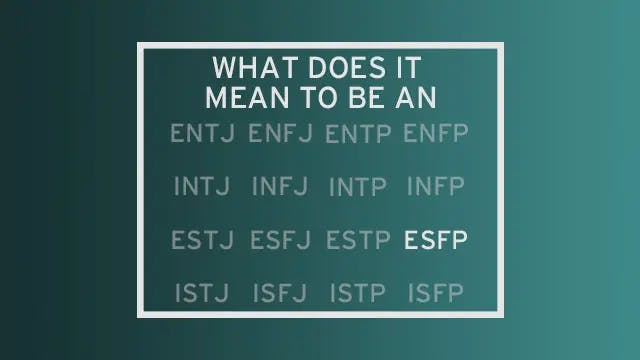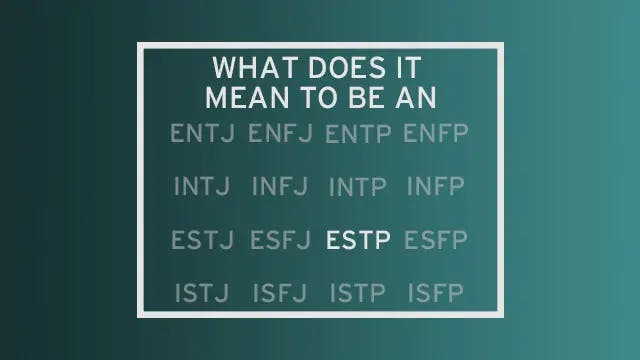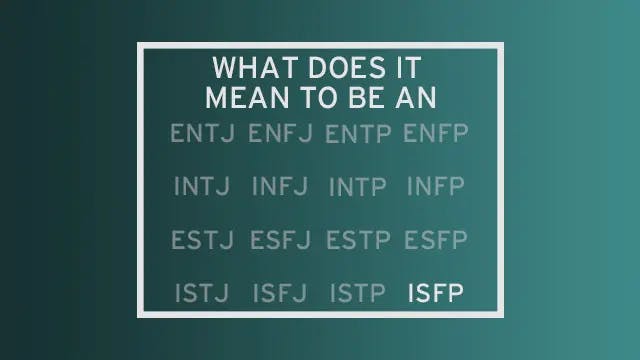
In this article, we strive to understand the ENTP personality type. Also known as the "Debater" in the Myers-Briggs Type Indicator (MBTI), ENTPs are described as innovative, adaptable, curious, and skilled with words. They have a knack for seeing possibilities in a situation and enjoy exploring new ideas. However, they may also get bored easily and struggle with routine or details.
In terms of connecting with Jesus, ENTPs might engage in theological debates, analyze Biblical parables, and challenge conventional interpretations. The social aspect of faith can appeal to their extroverted side, and they may find fulfillment in group Bible studies or community involvement. While ENTPs may struggle with traditional aspects of faith, they are encouraged to make their connection with Jesus their own, engaging in a way that challenges and satisfies them.
What It Means to Be an ENTP
ENTP stands for extraverted, intuitive, thinking, and perceiving. This acronym comes from the Myers-Briggs Type Indicator (MBTI), a personality assessment that’s about helping us understand the different ways people perceive the world and make decisions.
ENTPs are also known as "The Debater," and they are typically well known for seeing all the possibilities in a situation. They’re innovative, adaptable, and endlessly curious. While others might see only what is, the ENTP is more interested in what could be. Not to mention, they’re fantastic with words. They can charm just about anyone, and they know how to articulate their thoughts with crystal clear precision.
On the flip side, ENTP may also get bored easily, jump from idea to idea, or get impatient with routine or details. It’s important for ENTPs to recognize this tendency in them so they can learn how to keep up focus and a sustaining pace in their day-to-day lives.
The ENTP and Jesus Connection
The ENTP’s intuitive nature and interest in exploring new ideas can make their spiritual journey vibrant and dynamic. ENTPs might enjoy diving deep into theological debates or analyzing Biblical parables, drawing out hidden meanings and challenging conventional interpretations. Find a Bible reading plan that allows you to take a short passage of Scripture and dive deeply into the rich meaning behind the words and stories of Jesus.
Jesus often flipped the script on his listeners with a parable or a thought-provoking question. ENTPs may benefit from reading those passages and learn from Jesus how to communicate in a loving way.
The social aspect of faith could appeal to the ENTP’s extroverted side. Engaging in group Bible studies, participating in church committees, or leading youth groups are all ways the ENTP type could enjoy community and stimulate their mind simultaneously.
ENTPs, however, might struggle with the more traditional aspects of faith, like sticking to a daily prayer routine or following a prescribed set of beliefs without questioning. But ENTPs don’t need to worry. Jesus is all about sincere hearts, not empty rituals. So, ENTPs should make their connection with Jesus their own. Engage with your faith in a way that challenges, stimulates, and satisfies you.
Routines and traditions are important in Christianity, but the ENTP doesn’t need to fall into rigid schedules. Instead, the ENTP type should keep things fresh and mix it up when their spiritual life is starting to feel stale. Instead of being still while praying, the ENTP could go for a walk and immerse themselves in nature. Instead of sitting in silence and reflecting on God’s goodness (which is important!), an ENTP could go to a quiet coffee shop with a friend and enjoy the quiet community. The options are endless.
It’s important to remember that each of our walks with Jesus is going to look different from one another. That’s okay! Some of these ideas might work for you as an ENTP, and some might not. I encourage you to take what you see here with a grain of salt, try a few things on, and leave behind anything that doesn’t help you connect with Jesus on a deeper level.



